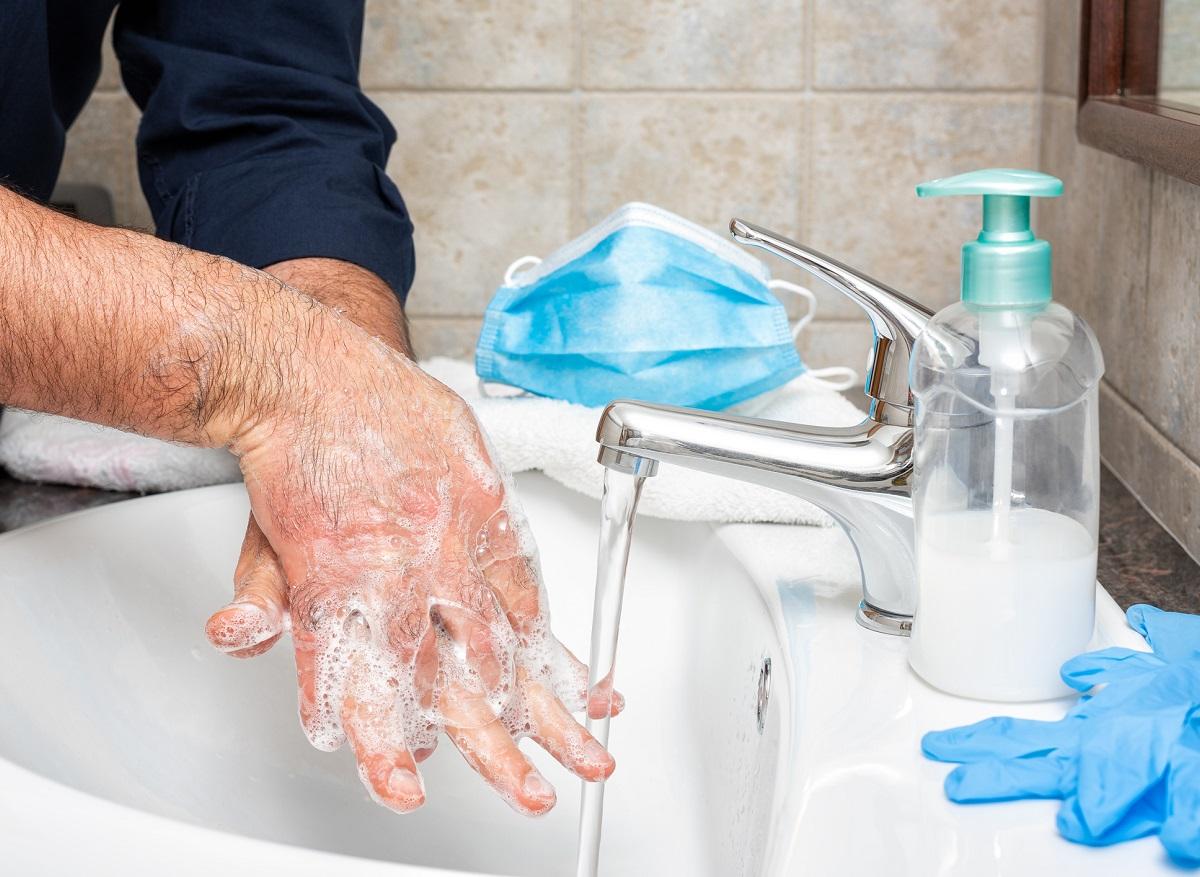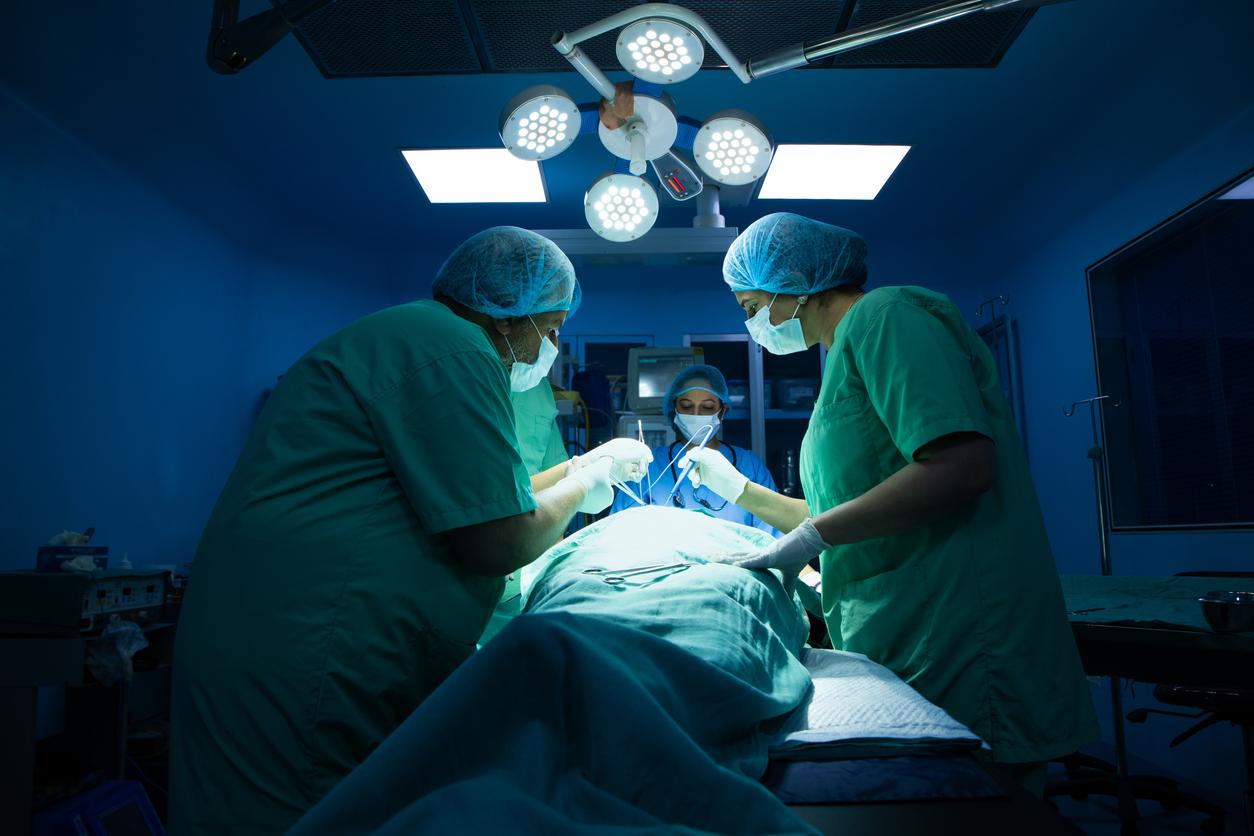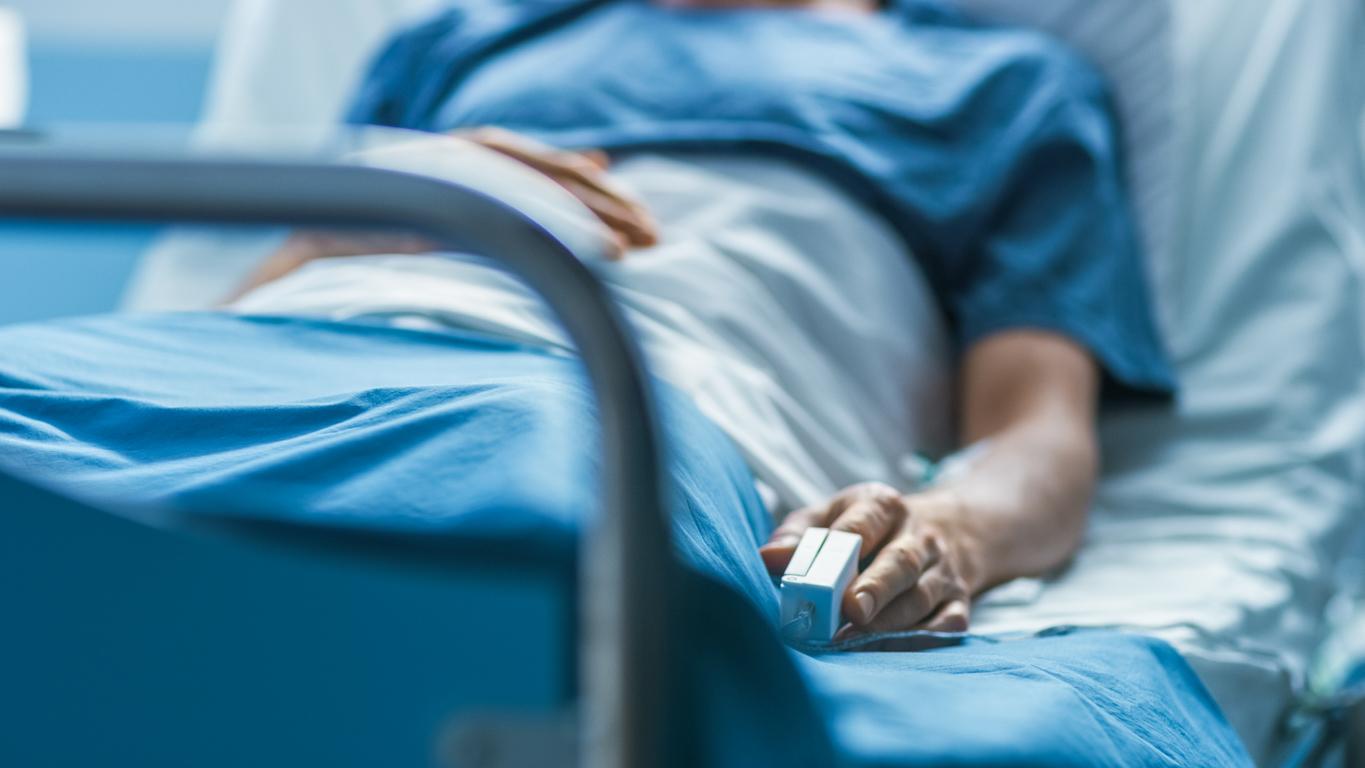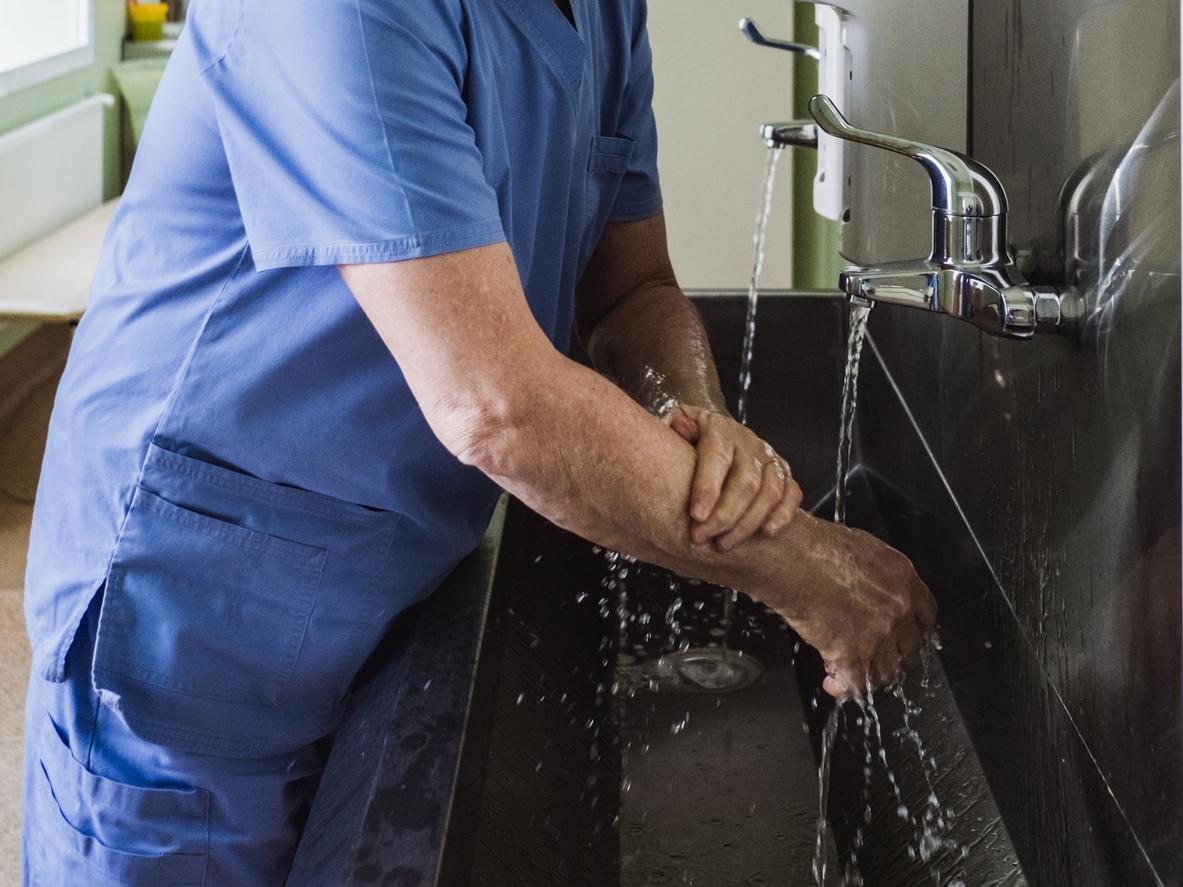According to a new IPSOS survey, only 28% of French people consider themselves well informed about postoperative infections. Nosocomial infections however concern 1 in 20 patients during their stay in a health establishment.

Post-operative infections (POIs), and more generally healthcare-associated infections (HAIs) are a reality in healthcare establishments and still remain a public health issue today. In fact, the proportion of infections linked to the surgical site was estimated at 16% last year.
These IPOs, however, remain largely unknown to the general public. This is highlighted by an IPSOS survey carried out for Johnson & Johnson Medical Devices, in partnership with the French Society of Hospital Hygiene (SC2H).
Tenacious received ideas
According to the results, more than 9 out of 10 French people know the name of post-operative infections. 82% even associate them with IAS. However, only one in 3 French people questioned had a fair estimate of the frequency of surgical site infections (SSI), established between 0 and 5%, while they tend to be overestimated. This result indicates that only 28% of those questioned consider themselves well informed about these post-operative infections.
The preconceived ideas about nosocomial infections, which nevertheless concern 1 in 20 patients during their stay in a health establishment, are tough. Indeed, 94% of those surveyed know that SSIs can be serious or even fatal. On the other hand, 18% of respondents think that they primarily affect people with poor hygiene. Conversely, 68% of French people associate ISOs with hygiene in the premises, 59% with sterilization of instruments and 44% with respect for asepsis rules by medical staff. In fact, the risk of occurrence of SSI is complex and depends on multiple factors related to the surgery itself, the patient operated on and the environment of the operating room.
There are two types of nosocomial infections: infections of an endogenous nature, that is to say those originating from contamination by the patient’s own germs (for example during an intervention) and infections of an exogenous nature, that is to say outside the patient, germs coming from other patients, staff or the external environment (instruments, etc.).
The infection rate as a criterion for selecting health care establishments
Although they consider themselves ill-informed about infections at the surgical site, the French who responded to the survey claim to be particularly attentive to the infection rate of the health establishment to which they go: this criterion is even placed in second position for 48% of respondents, after the reputation of the establishment. In addition, if 75% of the people questioned declared that they did not know that there was a structure dedicated to SSIs in most health establishments, those who had been operated on during the year were better informed, since 41 % say they are aware of it.
“This is the first time that a general public survey has been carried out on SSIs in such a comprehensive manner and it is rich in lessons. Much remains to be done in terms of prevention and information for patients for whom it is infection rate becomes an important criterion in the choice of a health establishment “, explains in a press release Alain Michel Ceretti, President of the association of patients Le LIEN.
Better informing patients about SSIs, a necessity
Prevention and patient information about surgical site infections still need to be improved, say the French, even if 48% of them consider that prevention against these infections has improved over the past 5 years.
They nonetheless remain in demand for information: 66% of French people who consider themselves ill-informed think that informing patients about IPOs before a surgical intervention is an essential element of the care process. And it is up to organizations to provide answers: 46% would like to access information on the Health Insurance website and 43% via brochures made available within health establishments.
But this type of information does not replace the discourse conveyed by health professionals: 92% of French people questioned believe that the surgeon is the most legitimate and credible to inform patients about the risks of SSIs. For 58%, this role falls to the attending physician, for 53% to the anesthesiologist and for 50% to the nurse. This observation once again reflects the crucial role that health professionals play in the comprehensive care of the patient. On this subject, Pierre Parneix, President of the SF2H, would like to recall that “the role of the hygienist in health establishments is also essential. His mission is to work for the safety and quality of care, as well as as for the prevention and the fight against the infections associated with the care “.
.
















